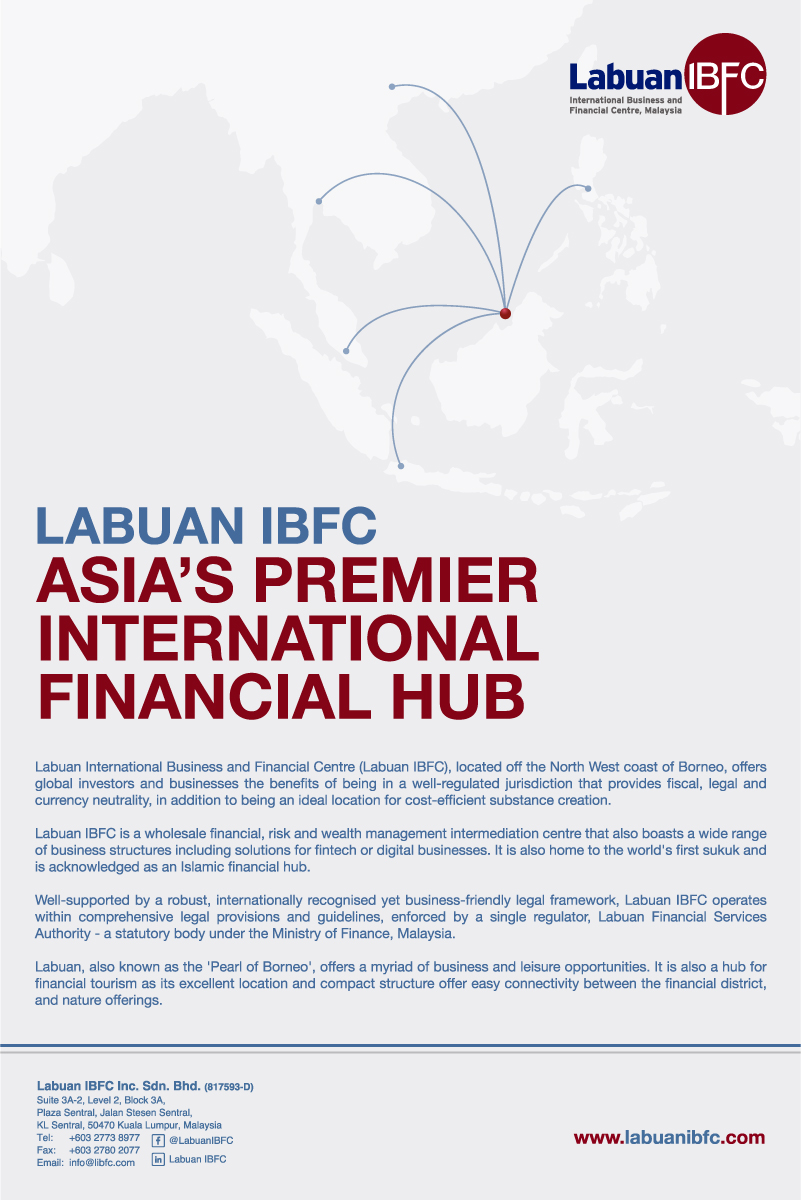The South Africa Financial Sector Conduct Authority (FSCA) has published a revised draft conduct standard setting out requirements relating to third party cell captive insurance business.
The statement supporting the draft conduct standard identifies specific risks in conducting insurance through third party cell structures, which the proposal seeks to address.
The risks raised in the position paper included, conflict of interest risk where the cell owner is a non-mandated intermediary; the risk of regulatory arbitrage, resulting in uneven playing fields for non-mandated intermediaries and underwriting managers; and the risk exacerbated by the nature and business models of cell captive insurers.
In an statement from Ernie Van Der Vyver, partner, and Nicole Britton, senior associate at Clyde & Co, the pair explained that this proposal addresses the “imposition of stringent proactive governance and oversight requirements on cell captive insurers, including that a cell captive insurer undertakes due diligence investigations in respect of a cell owner prior to entering into a new cell structure”.
It continued: “Where the cell owner is a non-mandated intermediary, the cell owner meets the fit and proper requirements in terms of the Financial Advisory and Intermediary Services Act, 37 of 2002.”
The statement also said that a non-mandated intermediary and their associates who are cell owners will be restricted to rendering services as an intermediary (including advice) in respect of only policies underwritten in the cell structure of that cell owner.
It stated: “The non-mandated intermediary must be a tied agent of the cell captive insurer. In addition, the draft conduct standard requires cell owners who are non-mandated intermediaries to be registered as financial services providers as contemplated in the FAIS Act.”
“Accordingly, cell owners who are non-mandated intermediaries will not be allowed to be a representative on the cell captive insurer's license,” it added.
The draft will also require cell captive insurers to disclose the exact nature of their relationship and remuneration arrangements (including profit shares and dividends), to the policyholder prior to the inception of any policy and when such arrangements change.
The draft conduct standard provides for specific transitional periods, namely, any cell structure entered into prior to 1 January 2020 must, within two years of the commencement date of the standard, comply with the requirements delineated therein.
Submissions to the FSCA on the draft conduct standard using the submission template are requested by 22 September 2020.
In August last year, a report from Cenfri highlighted how cell captives have the potential to help address some of the structural constraints faced by many insurance markets in sub-Saharan Africa.
It provided examples of those countries in sub-Saharan Africa that have already introduced the cell structure, such as Mauritius, where cell captives have successfully been leveraged for first-party insurance, and South Africa where they have demonstrated their ability to drive retail innovation and provide an entry path into the insurance market.






